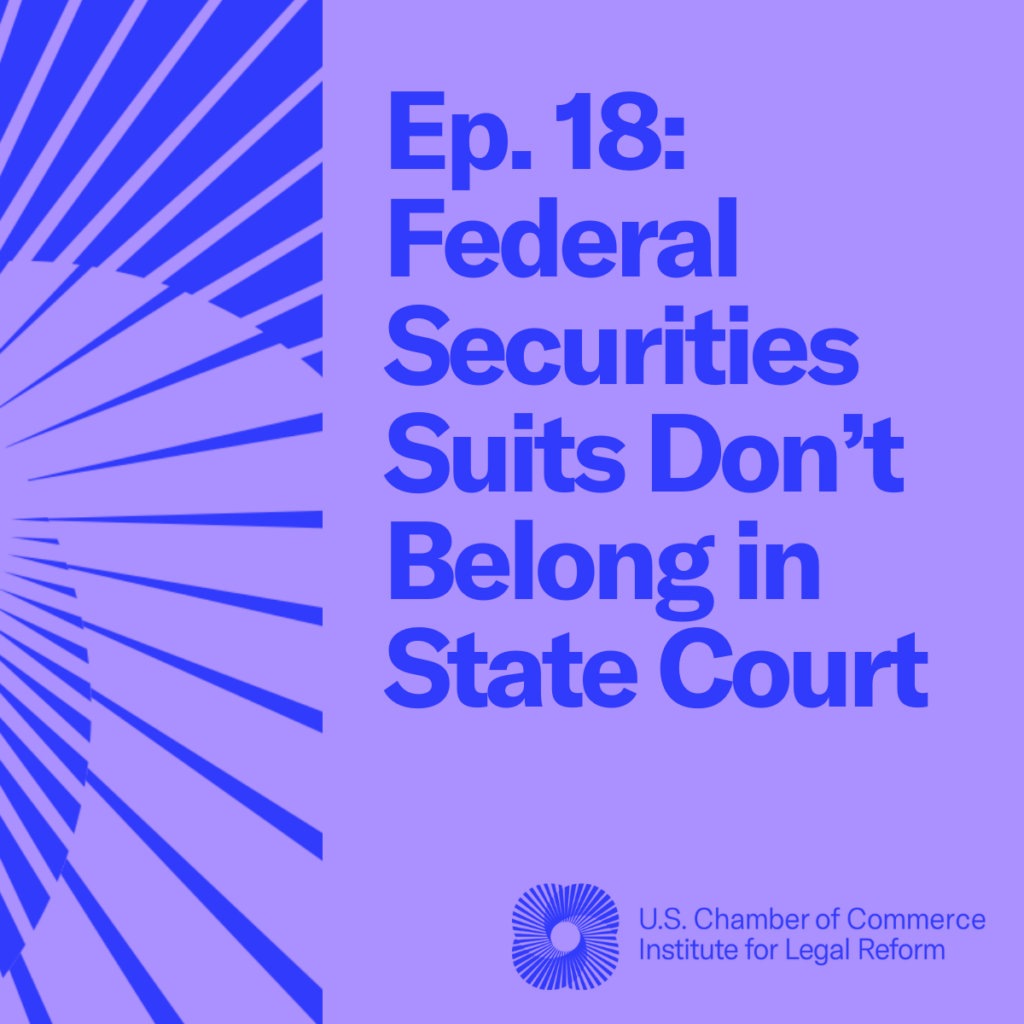Guest Post: Risk and Reward: The Securities Fraud Class Action Lottery
By Professor Adam Pritchard
This white paper, available here, looks at the business of securities fraud class actions. Specifically, it explores the risk and rewards for plaintiffs’ lawyers who specialize in these cases based on data from virtually all securities fraud class actions filed in federal court between 2005 and 2016—over 1,700 cases.
The study shows that securities class actions resemble a lottery for plaintiffs’ attorneys. Although the median settlement in a securities class action is $6.4 million, the mean settlement in the top decile of settlements is nearly $300 million. Winning the lottery—getting picked as lead counsel in a case that is likely to result in a “mega settlement”—leads to considerably higher settlements, and correspondingly, more hours worked and higher fees for the plaintiffs’ attorneys.
Two features of these mega-settlements stand out. First, these settlements are more likely to involve obvious indicia of fraud, such as a parallel SEC investigation or an officer termination. Second, these settlements involve corporations with much larger market capitalizations. Typically, these factors are publicly known before the securities class action is ever filed. As a result, plaintiffs’ attorneys can predict which cases are more likely to end with large settlements before they ever file suit.
Of more direct interest to the plaintiffs’ lawyers who bring these cases are the enormous fee awards. The attorneys’ fees in cases with the largest settlements average $39.5 million, approximately 20 times higher than the median fee award in our study. Our study finds that courts use a higher multiplier in these mega cases, increasing the lodestar figures by a far greater percentage than in the cases with smaller settlements, despite their generally lower risk. The study suggests that these attorneys receive a multi-million dollar windfall—a winning lottery ticket—when they are appointed as lead counsel in cases that are predictably likely to result in a mega settlement.
We offer potential reforms to curtail the lottery aspect of securities fraud class actions. Specifically, we suggest that courts review fee requests with far more skepticism. Lawyers should be rewarded for their marginal contribution, not merely for winning the contest to attract the biggest loser among institutional investors vying for lead plaintiff status in cases against the largest issuers. Processing evidence of fraud produced by the SEC or auditors does not require particular skill and does not warrant extra compensation for the lawyers representing the class. Congress can also play a role by setting presumptive limits on fee percentages in the largest cases.
Lawmakers should also look more closely at the lead plaintiff selection process. Getting selected as lead counsel in a mega case depends in large part on a plaintiffs’ law firm’s ability to amass a stable of institutional investors as clients. These clients provide the winning lottery ticket into these cases. Congress should amend the Private Securities Litigation Reform Act to prohibit lead counsel from paying referral fees to other law firms that do nothing other than provide an institutional client. These referral fees create an incentive to inflate hours and billing rates to cover payments made to attorneys who do no work in the litigation. Shareholder class members do not benefit from the payment of these referral fees, and they do not enhance the deterrent effect of securities fraud class actions.
Congress should also consider sliding-scale damages caps to rein in the biggest mega settlements. Settlement awards in the hundreds of millions are not necessary to induce plaintiffs’ attorneys to file suit. Shareholders should not be on the hook for jackpot fee awards that make plaintiffs’ lawyers rich without providing a corresponding deterrent benefit.
Adam Pritchard is the author of Risk and Reward: The Securities Fraud Class Action Lottery and is the Frances & George Skestos Professor of Law at the University of Michigan Law School.



